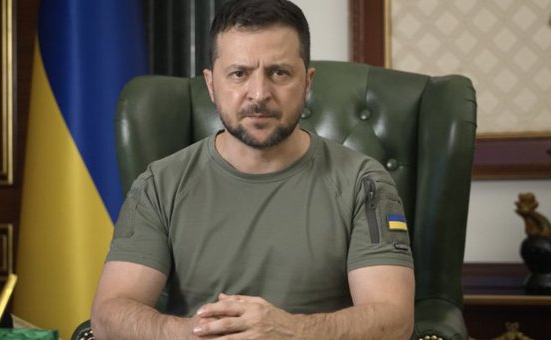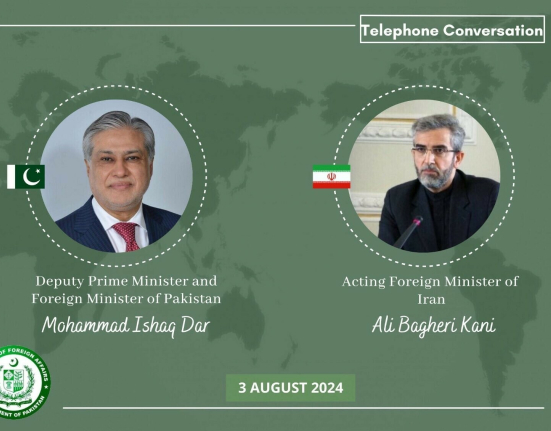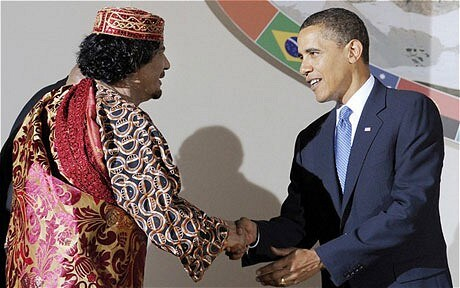As Armenia gradually turns away from its traditional strategic ally, Russia, it is tentatively exploring deeper partnerships with the likes of France and the United States.
And then there is Iran.
Tehran and Yerevan have enjoyed cordial – even warm – relations since the early 1990s. That entente now looks poised to develop yet further, but geopolitics makes this a complicated proposition.
The appeal of this development is most evident in the numbers.
As Armenian Security Council Secretary Armen Grigoryan told Armenian Public Television in an interview aired on November 14, trade between Armenia and Iran is booming. Where the countries traded $350 million worth of goods in 2021, the expectation is that this figure will rise to $1 billion by next year, he said.
Grigoryan sees this as more than a question of generating prosperity.
"Economic relations between the two countries are important from the standpoint of security," he said.
Another interview from a few days earlier, this time given by Iran's newly appointed ambassador to Armenia, Mehdi Sobhani, to independent Yerevan-based news outlet CivilNet, offered more context for that perspective.
Sobhani hinted at the idea of Iran reducing Armenia's energy dependence on Russia. In a mutually advantageous deal, the two countries agreed in August to extend an existing deal whereby Armenia provides Iran with electricity in return for natural gas supplies. This arrangement has been in place since 2009 and was due to end in 2026, but will now be rolled on, in an apparently enhanced form, until at least 2030.

















